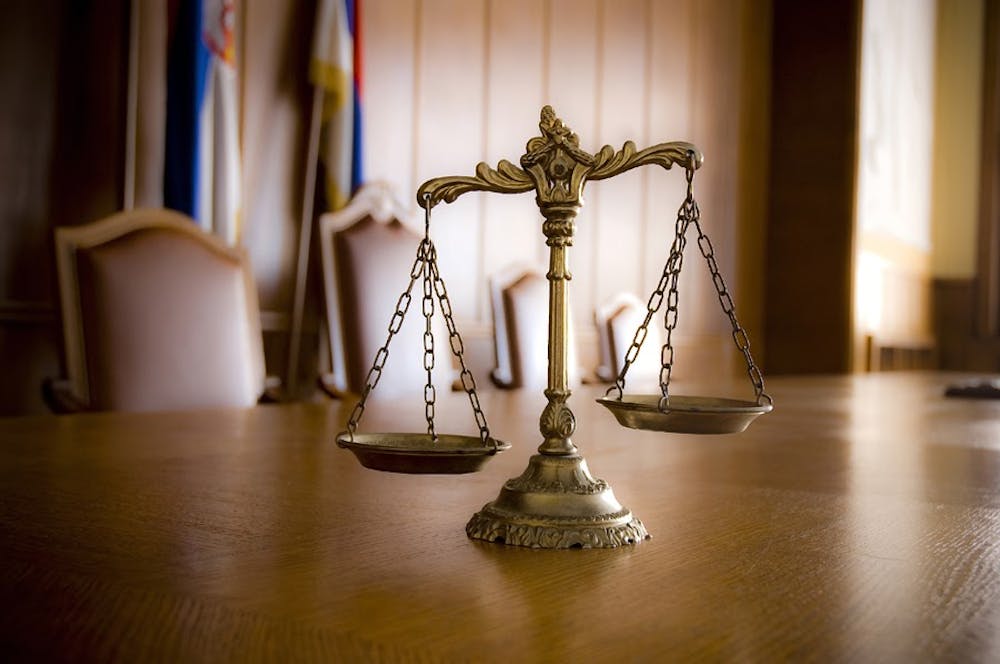Many states allow a grace period after a payor fails to pay child support. During this period, there are no penalties or interest, and the payor gets a little extra time to get the money together or put the check in the mail. California’s child support payments work under a more precise system, and you may face penalties for any late or unpaid child support payments. Talk to a Ventura child support attorney about your case immediately if you are having trouble affording payments or think your payments might be late. The Law Offices of Bamieh and De Smeth’s child support and child custody lawyers offer free consultations on child support cases.
When is Child Support Considered “Late” in California?
Child support in California works a little differently than in many states. In most states, courts will assign a due date for child support as part of the order. When payments begin to come in late or child support is in “arrears” (i.e., it has not been paid for some time), the court or the Department of Child Support Services (DCSS) will start charging interest and penalties for unpaid support.
In California, the court will order a due date for child support, but the court does not typically leave the payor to make payments on time. Instead, the court generally requires wage garnishment to pay child support in nearly every case. With wage garnishment, DCSS deducts child support payments directly from your paycheck. In this system, neither side needs to worry about whether the payments are late or on time, since they are automatic.
Many states use wage garnishment as a penalty after non-payment or under-payment, but California uses it automatically. This helps prevent late payments from occurring in the first place.
However, late payments may still happen. In some cases, you may be able to avoid garnishment, or if you lose income or fail to report a job change to your Local Child Support Agency (LCSA), they may be unable to garnish your wages and you will be required to pay out-of-pocket.
If your payments are late by even a day, they are automatically considered to be in arrears. Your LCSA handles most of the issues surrounding collection of unpaid arrears, including calculating any interest or penalties for unpaid support. They are also responsible for enforcement of child support payments.
What Happens if I Pay Child Support Late?
Paying child support late is better than not paying at all. If you have any trouble paying your child support, you should contact your LCSA and your attorney and arrange a way to get the support paid on time. If you are going to be paying late, you should also talk to the LCSA and get things straightened out to try to avoid potential penalties and enforcement methods.
If you are late on making your payment, the DCSS and LCSA have many options for getting money from elsewhere or pushing you to pay by enforcing penalties against you. Failing to pay can mean intercepting retirement or Social Security benefits, getting a lien on your house, getting a lien against your bank accounts, reporting negative marks on your credit report, and even losing your driver’s license. In addition, you will face interest on unpaid child support.
You may be able to negotiate reduced payback costs through things like the Compromise of Arrears Program (COAP). This allows you to offer to pay back a portion of the unpaid support in exchange for dropping the remaining debt. This will not get all of your debt dropped, but this program can help get you back on the right foot. Your attorney can help negotiate compromises to pay back child support arrears.
Can I Get Child Support Payments Reduced in California?
Many times, child support gets paid late or goes unpaid because the ordered child support amount is too high. If this is the case, you may be able to ask the court to reduce your child support payments. This can make your payments more manageable and ensure that you do not face penalties for failing to pay child support you would not have been able to afford.
The initial calculation for how much child support you are ordered to pay comes from a mixture of how many children you are supporting, the income of each parent, the children’s and parents’ needs, and how much time each parent spends with the children. If there are “substantial” changes to any of these circumstances, the child support order can be changed to reflect that.
If you start making less money at work, you have another child you need to care for, or a child turns 18 and no longer needs support, you can ask the court to reduce the child support amount. However, you cannot start paying less or canceling payments until the court finalizes the changes to the child support order. In the meantime, you will still need to continue paying on-time and in full or else face penalties. The DCSS and LCSA will not stop enforcing your payments until they have a copy of the modified order reflecting the new child support amount.
Ventura, CA Child Support Lawyer Offering Free Consultations
If you are paying too much child support or your payments are late or underpaid, contact an attorney today. The Ventura family law attorneys at the Law Offices of Bamieh and De Smeth help with divorce cases and other family law issues involving child custody and parental rights. For help with your case, call our law offices today at (805) 643-5555 to schedule a free consultation.



